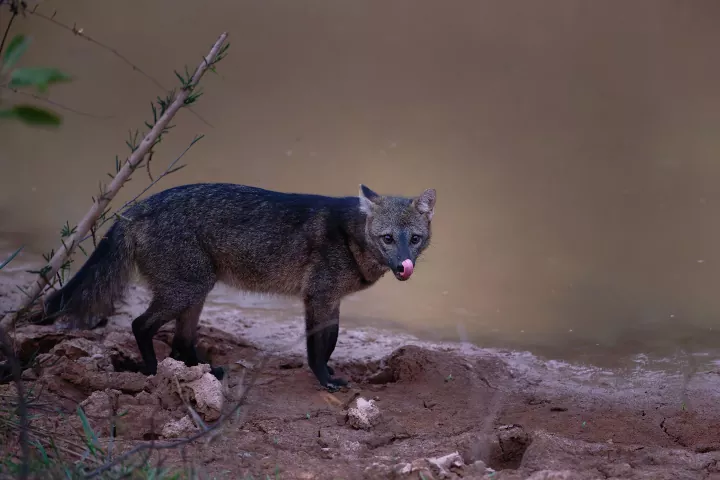Dogxim looked and barked like a dog, however, she also climbed brambles, a behavior more typical of the local Pampas fox, and declined normal dog food, liking to eat rats. Genetic testing later affirmed the creature was a hybrid of the two species — the world’s first reported fox-dog.

The fictional team behind Jurassic World prevailed about doing what John Hammond just dreamed of. The park opened in 2005 with nearly 100,000 visitors in the first month and operated for a decade, largely without occurrence. Then the park’s proprietors got insatiable, demanding another attraction to dazzle financial backers and spike attendance. The following undertaking brings about the creation of the Indominus rex and the downfall of Jurassic World.

Not content to recreate terminated megafauna, the park’s scientists, driven by Dr. Henry Wu (BD Wong), concoct an altogether new animal in the Indominus rex. Its genetic framework is based upon the T. rex genome however changed with qualities from various other theropod dinosaurs including the velociraptor. Also, geneticists prepared the I. rex with qualities from tree frogs, pit snakes, and cuttlefish, making it inconceivably clever and amazingly deadly.

Real-world geneticists have managed to create various transgenic animals by embedding qualities from one animal variety into another. As of late, scientists have done exactly that to create silkworm-insect hybrids that produce more grounded silk. Regardless of our victories, humanity is in the early days of making hybrid animals, however, nature has been doing it for ages. Presently, scientists have checked the existence of the world’s first affirmed dog-fox hybrid.

Dog-Fox Hybrid, Adorable Indication of Human Encroachment
Individuals have announced sightings of thought dog-fox hybrids from the beginning of time, however, none have at any point been affirmed as of not long ago. It’s estimated that foxes split from the remainder of Canidae (the canine gathering) about 7 million years ago and scientists accepted that foxes and homegrown dogs were excessively evolutionarily unique to intermix. Tell that to the world’s first affirmed dog-fox hybrid, named Dogxim, a portmanteau of dog, and graham-do-campo, the Portuguese name for the pampas fox.

The first affirmed dog-fox hybrid, Dogxim, at an animal rehab facility in Brazil Photograph: Rafael Kretschmer; Marcelo Meller Alievi
Dogxim spent her early days in the wild however was hit by a car in 2021 and taken to a natural life rehab facility in southern Brazil. There, her human caregivers saw her unusual behavior and strange characteristics. She barks like a dog, yet her face and ears are more pointed than most dogs. The real kicker, however, Dogxim declines dog food, liking to catch and eat rats instead. In any case, a lot of dogs are strange and there are probably a larger number of rats than kibble while you’re living in nature.

To find out without a doubt, laborers at Brazil’s Middle for Conservation and Rehabilitation of Wild Animals contacted geneticists from Universidade Federal do Rio Grande do Sul and Universidade Federal de Pelotas, who ran Dogxim’s DNA.
The tests affirmed that Dogxim is the posterity of a female pampas fox and a male homegrown dog. The historic discoveries were published in the journal Animals. One of the integral reasons scientists accepted dogs and foxes were incapable of mating is the contrasting number of chromosomes. Homegrown dogs have 78 chromosomes while pampas foxes have just 74. On account of Dogxim, science chose to find some middle ground; genetic testing affirmed she has 76 chromosomes.
In addition to constraining us to reexamine what we are familiar with canine development, the existence of Dogxim could also propose an increase in contact among wild and homegrown species. While hybridization is a very worn survival tactic in nature, it could also act as a warning framework for when we (and our pets) are environmentally violating.
Read also: A Close Encounter with Migaloo – the Sole White Humpback Whale Worldwide

